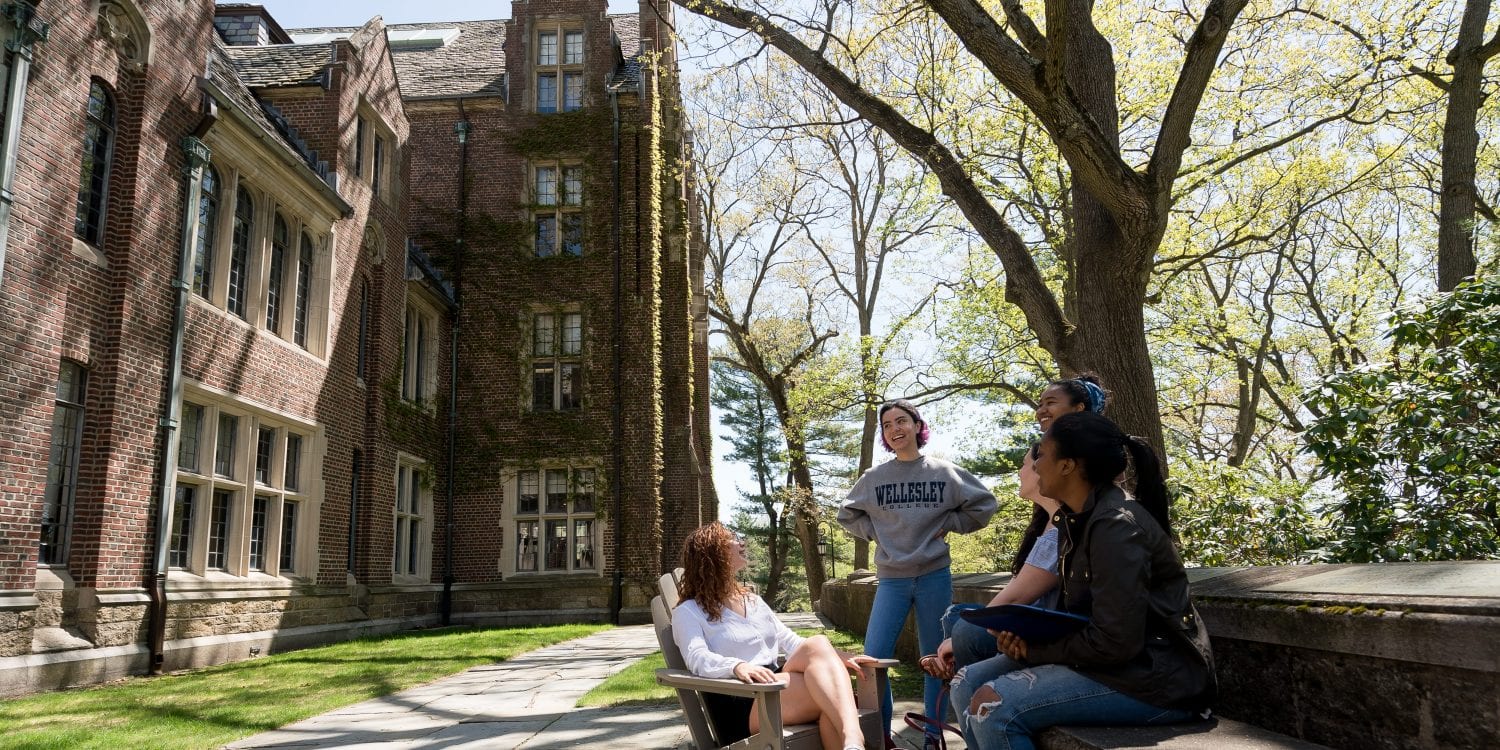“Sing a song full of the faith that the dark past has taught us
Sing a song full of the hope that the present has brought us
Facing the rising sun of our new day begun
Let us march on ’til victory is won”
I am the first generation of Americans in my family: the first generation whose native language is English, the first generation who might choose McDonalds over a Haitian restaurant for lunch, the first generation who was trained to believe that celebrating the fourth of July is a given.
The rest of my family has never been big on the “All American” celebration. I’m the first American-born on my father’s side and the second on my mother’s, so I think I’ve always just chalked it up to that. If you are from an immigrant family, you might understand what I mean when I say that crossing the threshold of the house’s front door is like crossing a border. When I walk into my house, there is Haitian art on the walls, there is the smell of Haitian food in the air, and English is not the only language. We celebrate Haitian Independence Day every January, and we’re far more likely to have a cookout for that then we are seven months later for the fourth of July.
Having grown up in predominantly White suburbs my whole life, I’m no stranger to the July 4th barbecues, the huge firework showcases at the city park, or the star-stickered faces wearing white crop tops, blue denim shorts and red bandanas as headbands. In fact, I’ve eaten at those barbecues; I’ve watched those fireworks; I’ve even worn that exact outfit (admittedly, multiple years in a row). But to be honest, I’ve always wondered why the holiday never quite felt “right,” and why I often felt like the odd one out while walking around the July 4th get-togethers, even if I was wearing the same three colors as everyone else. Why did I secretly feel like celebrating American independence was somehow… wrong?
Years later, because of the history and courage to reject American norms that Black organizers are confronting us with in this sociopolitical moment, I finally have the vocabulary and the awareness to understand why I felt the way I did as a teenager about July 4th. It is the Independence Day of a nation not designed to also grant independence to people like me (Black, queer, female), or anyone in my family (Black and foreign-born), or anyone that attends Wellesley College (a college originally founded for women). It is a day that celebrates the building of an entire country on stolen land using forced labor. It is a day that commemorates the publishing of a founding document that is so utterly hypocritical, having “all men are created equal” written in its first line, when almost 250 years later, that is still so far from a “self-evident truth.”
The United States, contrary to what we are taught in school, is not and has never been a “perfect Union.” The Black Lives Matter movement has shown us more examples of that than we can count. However, BLM has also shown us what working towards a better and freer future actually looks like. I have faith that we are headed in the right direction. I just hope that we are all headed there together.
‘Til Victory is Won,
Tatiana ‘21

